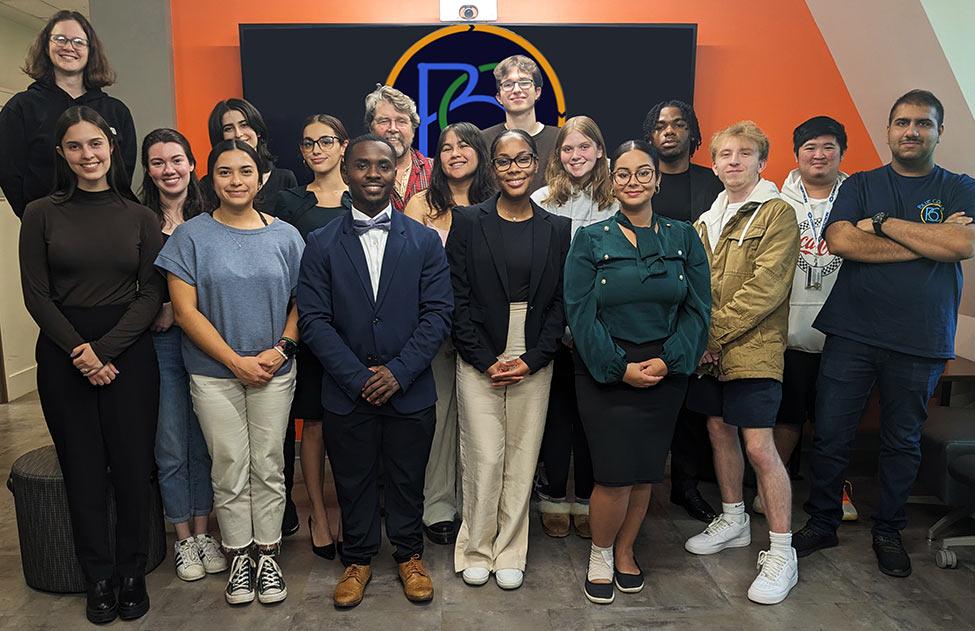
'Revenge Porn' Should Be A Crime Regardless Of Intent
Lubin Professor Jessica Magaldi pens an op-ed in WBUR’s Cognoscenti about how 'Revenge porn' should be a crime regardless of intent.
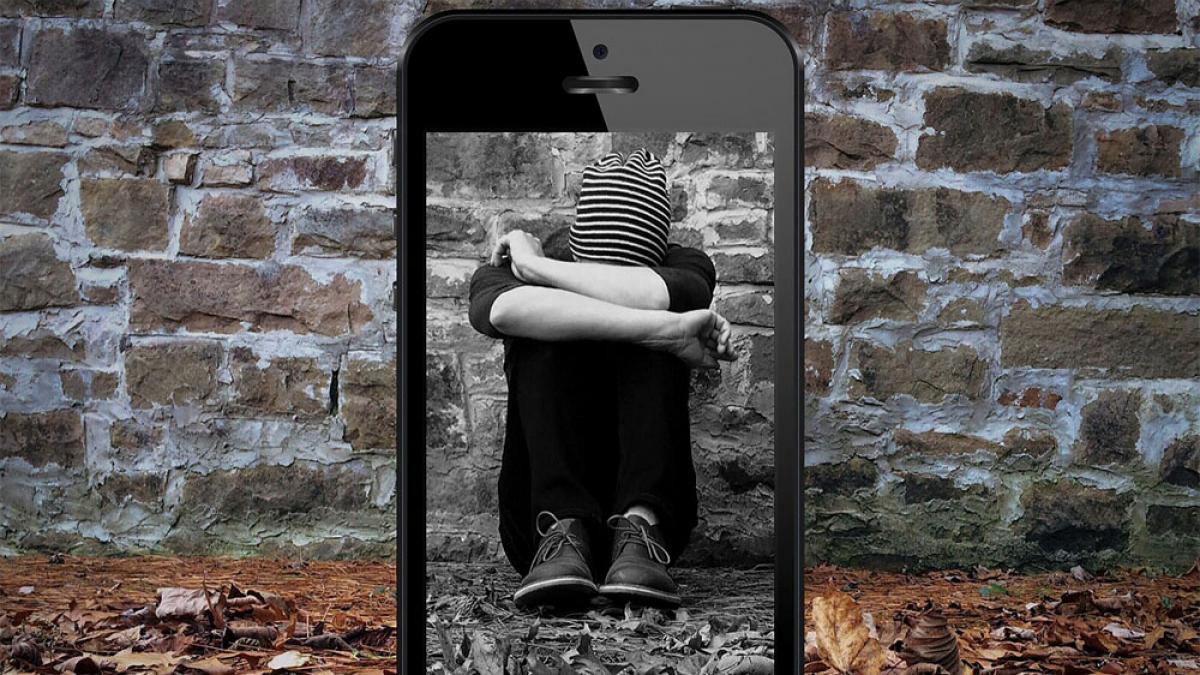
Anti-DEI Parents Sue Croton-Harmon Schools Over Limiting Kids' Free Speech
Professor Gershman speaks with The Journal News about a group of parents suing the Croton-Harmon school district, alleging violations of their children's free speech rights.
Jimmy Carter Set A Virtuous Example As President. To Today’s Voters, That May Not Matter
Professor Kerriann Stout speaks with CNN Politics how political culture has evolved since the era of Former President Jimmy Carter and why these changes may not impact today's voters.
The Meat Workers Who Became Vegan Entrepreneurs
BBC writes a story about several former animal-industry workers who have founded start-ups focusing on plant-based foods— they reference Dyson Professor Anne Toomey’s scholarly work, ‘Why facts don't change minds: Insights from cognitive science for the improved communication of conservation research’.
Will Trump Go To Prison For Felony Hush Money Conviction? Experts Are Split
Elisabeth Haub School of Law Professor Bennett Gershman shares his expert opinion with ABC News on whether Trump will serve any time behind bars before the 2024 election.
Blue CoLab: Right to Know What’s in Our Water
With more than two billion people threatened by unsafe water, students and researchers at Pace's Blue CoLab are working hard to pioneer real-time water monitoring tech to ensure we all know what's in our water.
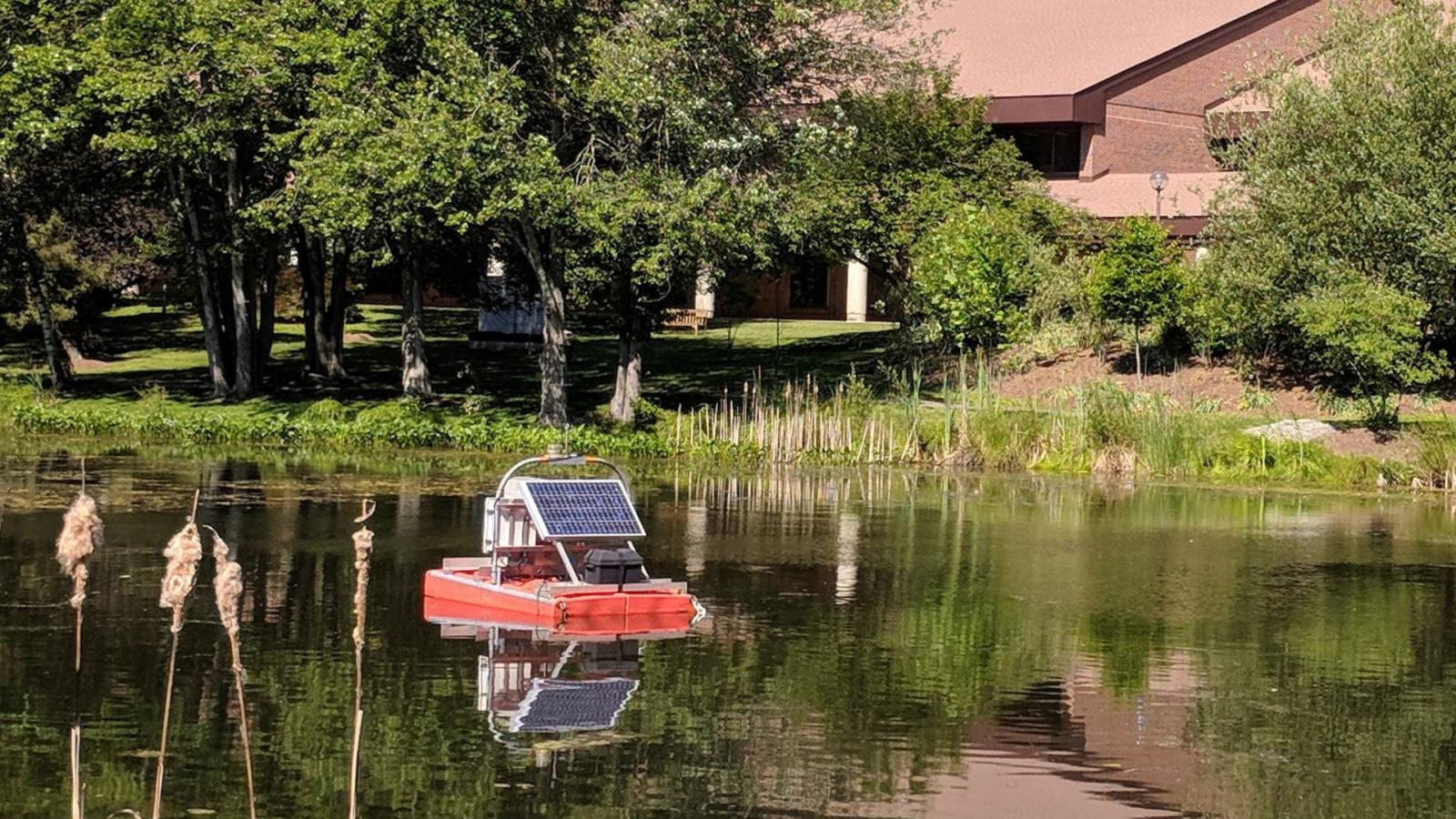
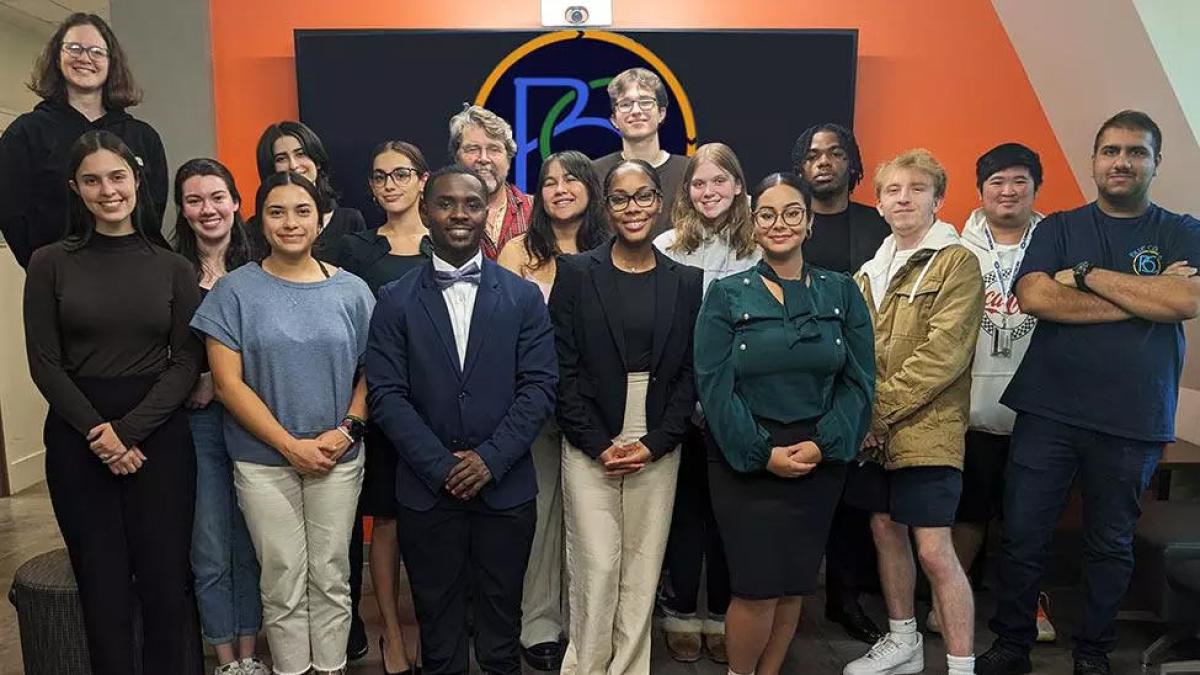
“We don’t know what’s in that glass before we drink,” Professor John Cronin, director of Seidenberg School’s Blue CoLab says. “I have a right to know what’s in my water.” And he would know. Cronin is known internationally for his 17 years as Hudson Riverkeeper and was named a Time magazine Hero for the Planet for his work fighting river pollution. At Pace, Cronin has been pioneering experiential learning for more than 20 years. He’s no stranger to inspiring student advocacy, as co-instructor for the Environmental Policy and Animal Advocacy clinics, coordinator of the annual Mock Legislative Hearing Competition, and even having co-founded Haub Law’s Environmental Litigation Clinic.
That’s the foundation of Blue CoLab, a project providing hands-on experiences in technological monitoring of water quality. With a strong commitment to the principle that there’s a human right to clean water, which requires the right-to-know that the water is clean, the program involves training, innovation, and research in real-time water monitoring technology.

More than two billion people will be threatened by unsafe water this year, which can lead to waterborne illnesses and other negative health outcomes. While many Americans see unclean water as an issue only in underdeveloped countries, the impact is local as well. This is demonstrated by the long-lasting impact to Parkersburg, West Virginia, caused by chemical dumping by Dupont and the lead contamination of drinking water in Flint, Michigan. In addition, 19.5 million illnesses are caused by pathogens in water in the US annually.
Cronin, Professor Leanne Keeley (who is Blue CoLab’s technical operations director), and a team of dedicated students work on the Pleasantville Campus tracking the health of Choate Pond, which eventually drains to the Hudson River. Meryl Mizell ’25, computer science major and Right-to-Know H20 team coordinator, explains the process, “In our pond, we have water quality sensors that monitor the water quality. We’re able to use that tech to pull data from the pond to allow people to see what the pond water quality is in real-time.”
The solar-powered water quality monitoring stations, lovingly named Ada and Alan (after 19th century mathematician Ada Lovelace, and British computer scientist Alan Turing, who broke the Nazi Enigma code) take measurements every fifteen minutes and send that data to a Seidenberg server. The team then uses that data to evaluate the water quality, create apps, products, and presentations that help deepen the public understanding of water. The pond serves as Blue CoLab’s “living laboratory,” complementing its data lab in Goldstein Academic Center and its tech lab off-campus.
“So overall, we do focus on the campus using the pond, but we want to implement it on a global scale,” says journalism major Lilah McCormack ’25. “The forefront of our idea is having the right to know what’s in the water we drink in real time. We do get water quality updates from local government agencies, but they only come after a year after you’ve used that water, so they’re not very useful in making healthy decisions.”
We have a really unique opportunity here at Pace, and I think that comes from our mentorship. What we’re doing here is really special.
Students work closely with Professor Cronin, who has been working on environmental issues for over 50 years. Lilah attributes the success of the Blue CoLab program and experience she is gaining to the mentorship and knowledge shared by Professor Cronin. “We have a really unique opportunity here at Pace, and I think that comes from our mentorship. What we’re doing here is really special. Sure, there’s a lot of initiatives towards ending the global water crisis, but nobody’s thinking about the technological advances that can make it possible.”
Recently, the six students who work on Blue CoLab’s Right-to-Know H20 project were accepted into the 2023 class of the United Nations Academic Impact and Millennium Campus Network Fellowship Program. The semester-long program gives students the opportunity to lead projects that advance the UN’s Sustainable Development Goals. The students working as part of the Right-to-Know H20 team are not merely advocates in civic engagement, but an active force striving to fulfill the United Nations’ Sustainable Development Goal, recognizing water as fundamental to all aspects of life. To aid the mission, the Right-to-Know H2O Team has petitioned the United Nations Secretary General António Guterres requesting the UN to declare the right-to-know water quality a fundamental human right.
The ability for these students from across the University to engage with experiential learning that revolves around critical scientific work helps to shape their college experiences, what they hope to do in their careers, and the way the world interacts with water.
“The work that we're doing here at Pace University is just the beginning of what’s possible,” concludes Sasha Palmer ’25.
Pace Spotlight: Lori Kanner, Director, Community Relations/Special Projects, Office of the Dean School of Law, and Wellness Enthusiast!
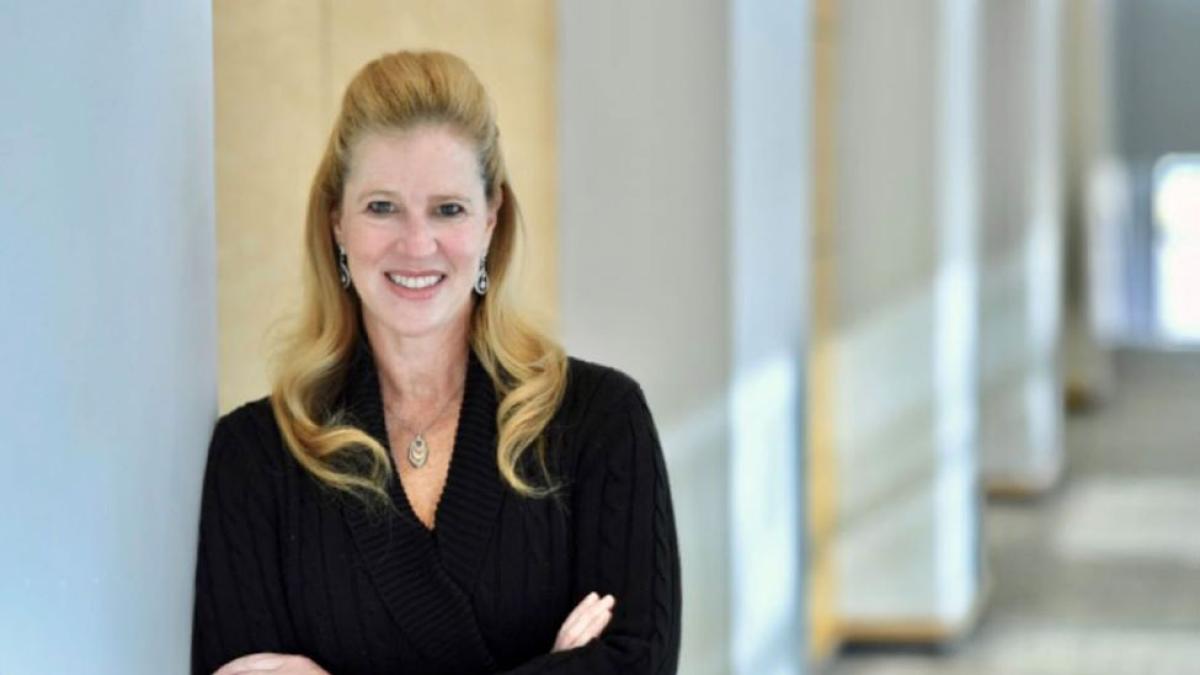
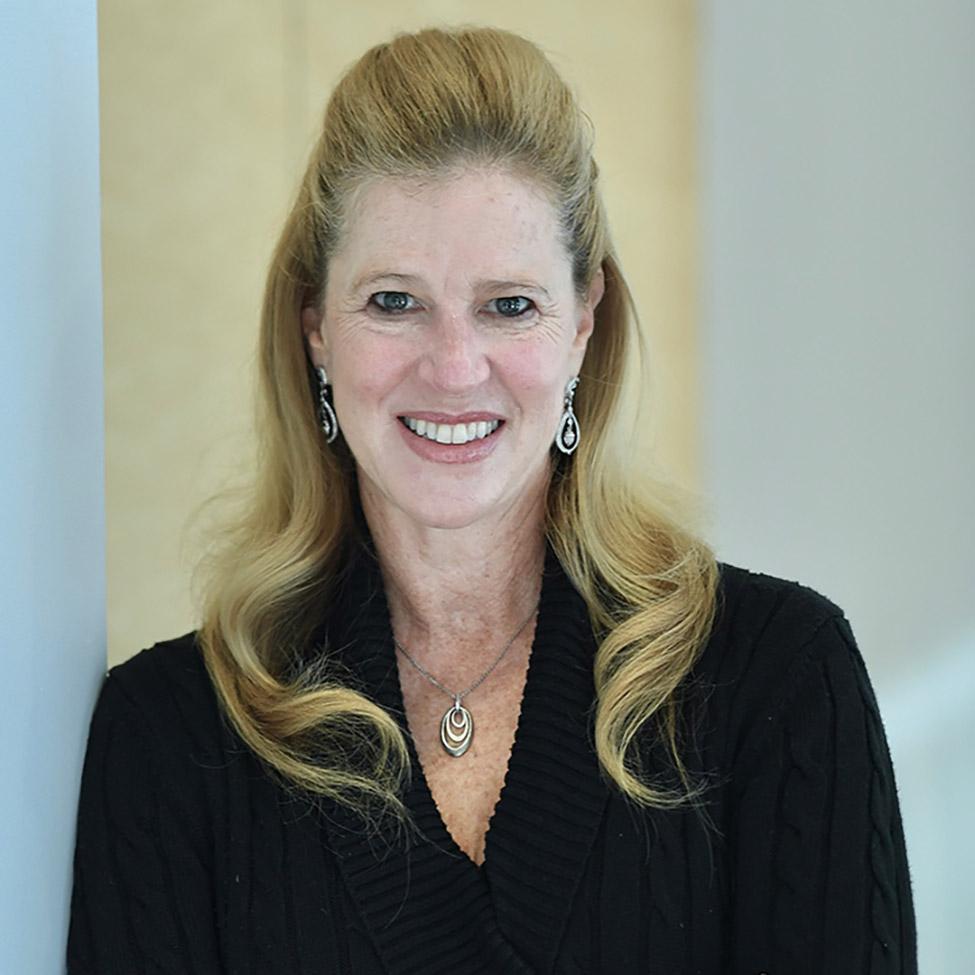
How have you seen your commitment to wellness make a difference in your personal and/or professional life?
My commitment to wellness has created a healthy community for me at work wherein my co-workers and I encourage each other to join in the fitness challenges and go for walks during the walking challenges. During the walks we can relax and catch up as well as discuss work items. This has made me more productive at work and enlarged my network at Pace.
Do you have any advice for someone beginning their exercise and/or wellness journey?
Have a partner or group at work and at home who will keep you motivated. Instead of meeting a colleague or friend for lunch, schedule a walk (especially outside, the benefits of fresh air, sunshine and nature are amazing)!
Do you have any wellness success stories (even small victories!) to share?
Through Pace University’s Wellness program, I was placed in a wellness pod that met weekly via zoom with members of the Pace community on all campuses. This gave me an opportunity to expand my Pace network and when the most recent walking challenge came about, we created a walking team that we all decided would be named “One Pace!” Our goal was to create a walking team from across all campuses and offices at Pace to show we are UNITED and ALL IN THIS TOGETHER!! When employees are physically and mentally healthy, they are more engaged, motivated, and productive. On the walking challenge teams I have been a part of we hold each other accountable, have fun and reap the health benefits of friendship, cardio walking workouts and a wonderful support network throughout the University. For each walking challenge I have tried to entice 1-5 people who did not participate in the challenge before to join and will continue to do so for each upcoming challenge—the more engaged our community is—the better!!
Korea Needs To Play Catch-Up On LGBTQ Rights, Issues
Professor Seong Jae Min pens an op-ed in The Korea Times discussing Korea's need to catch up on LGBTQ rights and issues.
"I Don't See Any Of That": Experts Pour Cold Water On Trump's Hope That Supreme Court Will Save Him
Law Professor Bennett Gershman speaks to Salon.com about Donald Trump facing steep odds on his likely years-long battle to appeal last week's criminal conviction.
This Day In History: Hudson River Riverkeeper Patrols The Hudson
The Journal News features Seidenberg Professor and Director of Blue CoLab John Cronin in an article about his history as the Hudson River’s first full-time Riverkeeper.